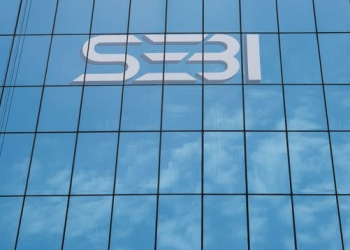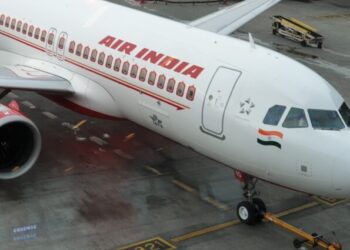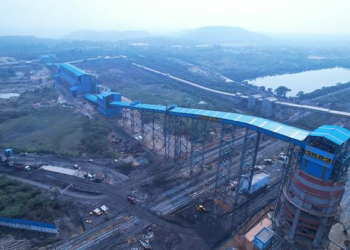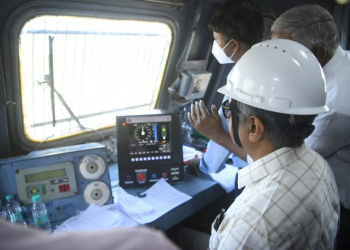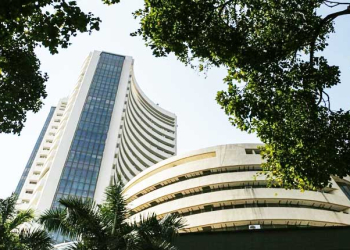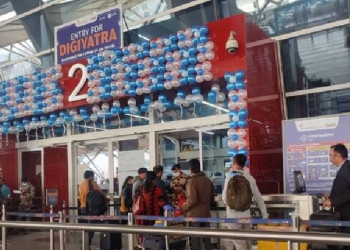Mumbai: To enable faster economic recovery from the third Covid wave, the Reserve Bank of India is expected to retain its key lending rates during the upcoming monetary policy review, say analysts.
On the other hand, the central bank might do away with its accommodative stance in an indication of future rate hikes to draw out excess liquidity, thereby, staving off inflationary pressure.
In a poll conducted by IANS, economists and industry experts cited concerns over economic recovery as a key factor leading to status quo.
“Given the lingering uncertainty, we expect a status quo from the MPC in February 2022,”
ICRA’s Chief Economist Aditi Nayar said.
“However, with the impact of the third wave seen as limited, policy normalisation is set to start in April 2022, with a stance change to neutral and reverse repo hike.”
At present, the MPC of the central bank has maintained the repo rate, or short-term lending rate, for commercial banks, at 4 per cent.
Besides, the reverse repo rate was kept unchanged at 3.35 per cent.
“Fear of pandemic has considerably abated, while domestic inflation and global rate outlook is increasingly turning adverse,” said Soumyajit Niyogi, Associate Director, India Ratings and Research.
“RBI has successfully made the liquidity condition normal, thus a token 15 bps hike in Reverse Repo is very much expected.”
Globally, systemically important central banks have started to scale back their pandemic era accommodative policies amidst high inflationary pressures globally.
The US Fed and BoE are major central banks who have initiated their monetary policy normalization with a rather hawkish pivot in December 2021 and January 2022.
“We believe RBI could consider moving reverse repo rate up by 20 bps in the February 2022 policy review to signal the initiation of interest rate normalisation cycle while retaining the accommodative stance and the repo rate till the growth signals in the economy become durable,” said Suman Chowdhury, Chief Analytical Officer, Acuite Ratings & Research.
“This will also be consistent with its ongoing emphasis on rationalization of liquidity surplus, which has already pushed short term money market rates higher.”
Notably, inflationary concerns might take a back seat for now since the main aim of the policy will be to stroke growth.
However, global commodity prices have firmed up sharply in January 2022, with crude oil prices hovering close to $91 per barrel.
“The communication challenge by the RBI would be tremendous,” said Madhavi Arora, Lead Economist, Emkay Global.
“On one hand the RBI is normalising liquidity and shorter-term rates, on the other hand, they are facing a challenge to keep the term premia low. Growth is still sub-par and requires targeted policy support.”
In addition, a high fiscal deficit target in the union budget FY23 is expected to put more pressure on the RBI to raise rates.
The fiscal deficit 2022-23 target is estimated at 6.4 per cent of GDP.
“With the economy still in the recovery mode with the pandemic continuing to disrupt the recovery process, the MPC is expected to keep the policy rates stable at current levels in its upcoming meeting, despite the persistence of higher inflation,” said M. Govinda Rao, Chief Economic Adviser, Brickwork Ratings.
“However, there is limited scope for MPC to continue with the current policy stance for long, as supply chain disruption, elevated level of borrowing shown in the budget and rising crude oil prices amid excess liquidity may exert pressure on inflation.”
(IANS)



